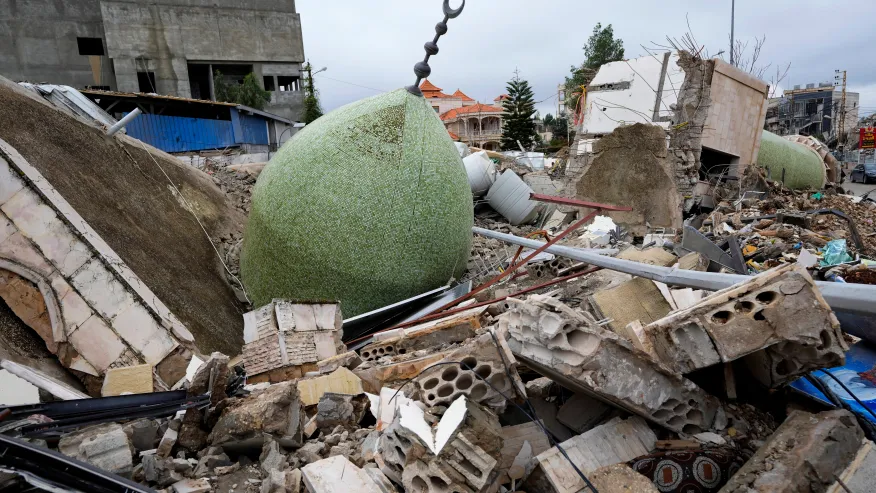The Israel Defense Forces (IDF) reported engaging with “suspects” in southern Lebanon who allegedly violated the recent ceasefire agreement between Israel and Hezbollah. According to IDF Arabic Spokesperson Avichay Adraee, the suspects arrived in several areas within southern Lebanon, deemed a breach of the ceasefire terms.
Israeli forces fired at them to enforce the agreement, which was brokered by the U.S. and France and approved by Israel. This ceasefire includes a two-month halt to hostilities and requires Hezbollah to withdraw from southern Lebanon while Israeli troops return to their side of the border.
Despite the ceasefire, tensions remain high. Adraee shared a map on social media warning Lebanese residents to avoid areas along the Israel-Lebanon border, highlighting the risk of entering prohibited zones. He emphasized that civilians returning to these regions before further notice risk endangering their lives. Earlier on Thursday, Israeli tanks struck six locations within this zone, wounding two individuals, according to Lebanese state media and security sources.

Israel-Lebanon Ceasefire Strained by Suspected Violations and Rising Border Tensions
The conflict, which escalated after Hezbollah initiated attacks on Israel following the October 7 Hamas assault, has significantly impacted the region. Israel has inflicted severe damage on Hezbollah’s infrastructure and leadership in Lebanon.
While Hezbollah claims to be prepared for further action, it is closely monitoring the withdrawal of IDF troops. Israeli Prime Minister Benjamin Netanyahu has indicated that concluding the conflict with Hezbollah will isolate Hamas in Gaza, facilitating efforts to recover hostages held there.
As the ceasefire takes effect, thousands of displaced Lebanese have begun returning to their homes despite widespread destruction. Families have described the devastation left behind but expressed resilience and determination to rebuild. Lebanese residents recounted the challenges of displacement during the conflict, underscoring the emotional and material toll it has taken on their communities.
In contrast, the atmosphere in Israel remains somber, with concerns over Hezbollah’s continued proximity and the unresolved hostage situation in Gaza. Displaced Israelis, like those from Kiryat Shmona, remain uncertain about returning to their homes. They question the safety of the region while Hezbollah retains its armed presence near the border, reflecting broader unease about the long-term implications of the fragile ceasefire.
